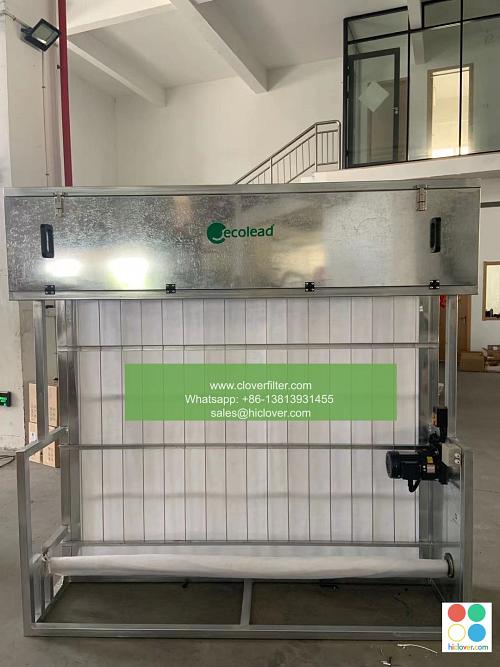In- Depth look at Fiberglass, Hepa, Pre Filter, AC Filters, in This Order

Air filtration systems are an essential component of maintaining good indoor air quality. In this article, we will delve into the world of air filtration, exploring the different types! of filters available, including Fiberglass, HEPA, Pre-Filter, and AC Filters. We will examine their characteristics, applications, and benefits, highlighting the importance of each in various industries and settings.
Fiberglass Filters: The Basic Air Purification Solution
Fiberglass filters are the most common type of air filter used in residential and commercial settings. These filters are designed to capture larger particles such as dust, pollen, and pet dander, making them an excellent choice for basic air purification. Fiberglass filters are typically made from a mixture of fiberglass and a binding agent, which provides a cost-effective and efficient solution for air quality management. They are often used in heating, ventilation, and air conditioning (HVAC) systems to protect the equipment and improve indoor air quality.
HEPA Filters: The Gold Standard for Air Purification
High Efficiency Particulate Air (HEPA) filters are considered the gold standard for air purification. These filters are designed to capture 99.97% of particles as small as 0.3 microns, including dust, pollen, bacteria, and viruses. HEPA filters are commonly used in hospitals, laboratories, and clean rooms where ultra-clean air is required. They are also used in residential settings to provide relief from allergies and asthma. HEPA filters are an essential component of air purification systems and are often used in conjunction with other types of filters to provide comprehensive air quality management.
Pre-Filter: The First Line of Defense Against Airborne Contaminants
A pre-filter is a type of filter that is designed to capture larger particles before they reach the main filter. Pre-filters are typically used to protect HEPA filters and other types of filters from becoming clogged with larger particles. They are an essential component of air purification systems and are often used in commercial and industrial settings to provide protection against airborne contaminants. Pre-filters are also used in residential settings to provide an additional layer of protection against dust, pollen, and other airborne particles.
AC Filters: The Key to Efficient Air Conditioning
AC filters are designed to protect air conditioning systems from dust, dirt, and other debris that can accumulate and reduce the efficiency of the system. These filters are typically used in residential and commercial settings to provide efficient air conditioning and reduce energy costs. AC filters are an essential component of air conditioning systems and are often used in conjunction with other types of filters to provide comprehensive air quality management. They are also used to prevent damage to the air conditioning system and extend its lifespan.
In conclusion, air filtration systems are a crucial component of maintaining good indoor air quality. Fiberglass, HEPA, pre-filter, and AC filters each play a vital role in air purification and air quality management. By understanding the characteristics, applications, and benefits of each type of filter, individuals and organizations can make informed decisions about their air filtration needs and provide a healthier and more comfortable environment for occupants. Whether it’s for residential, commercial, or industrial settings, the right air filtration system can make a significant difference in indoor air quality and overall well-being. Prompt

